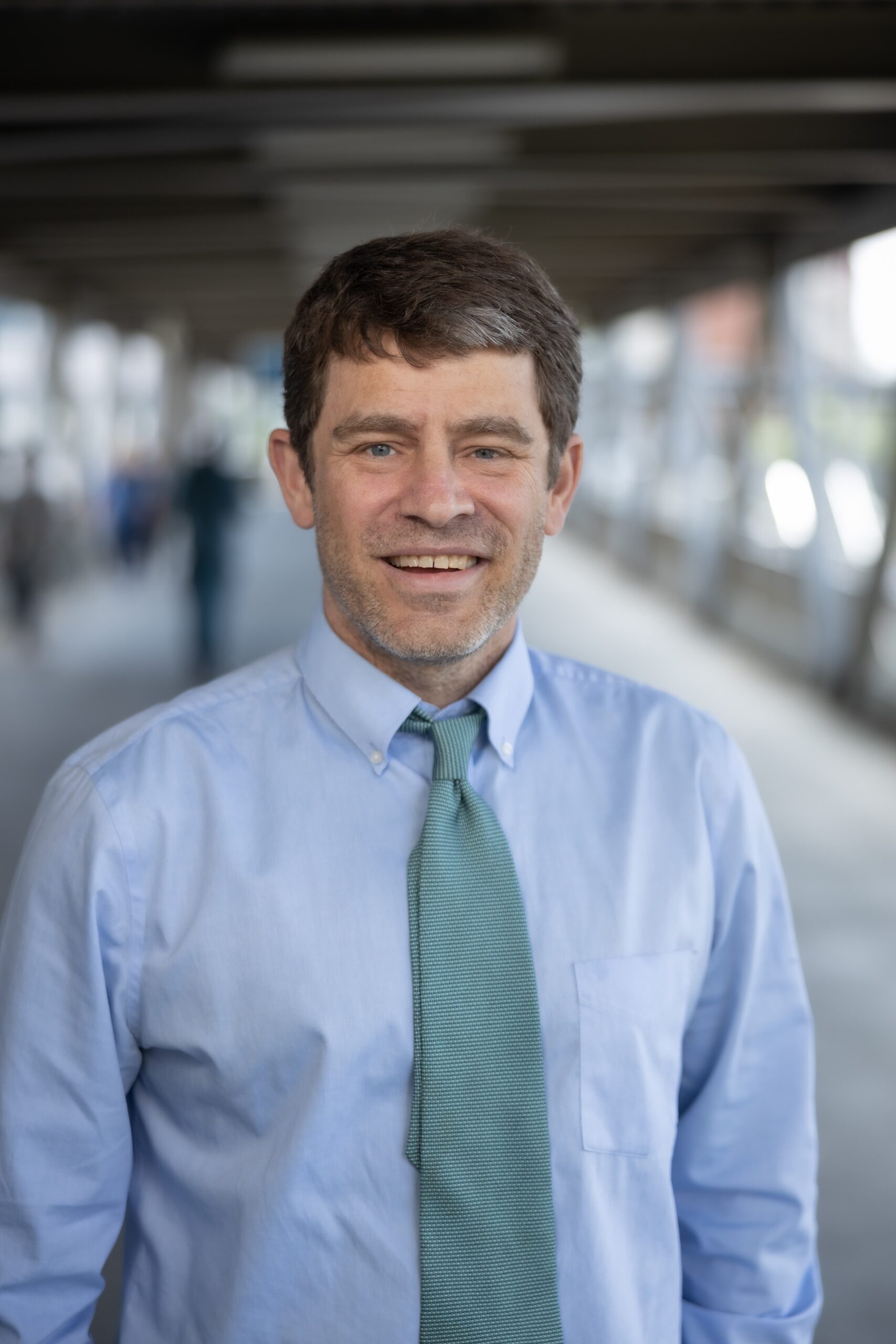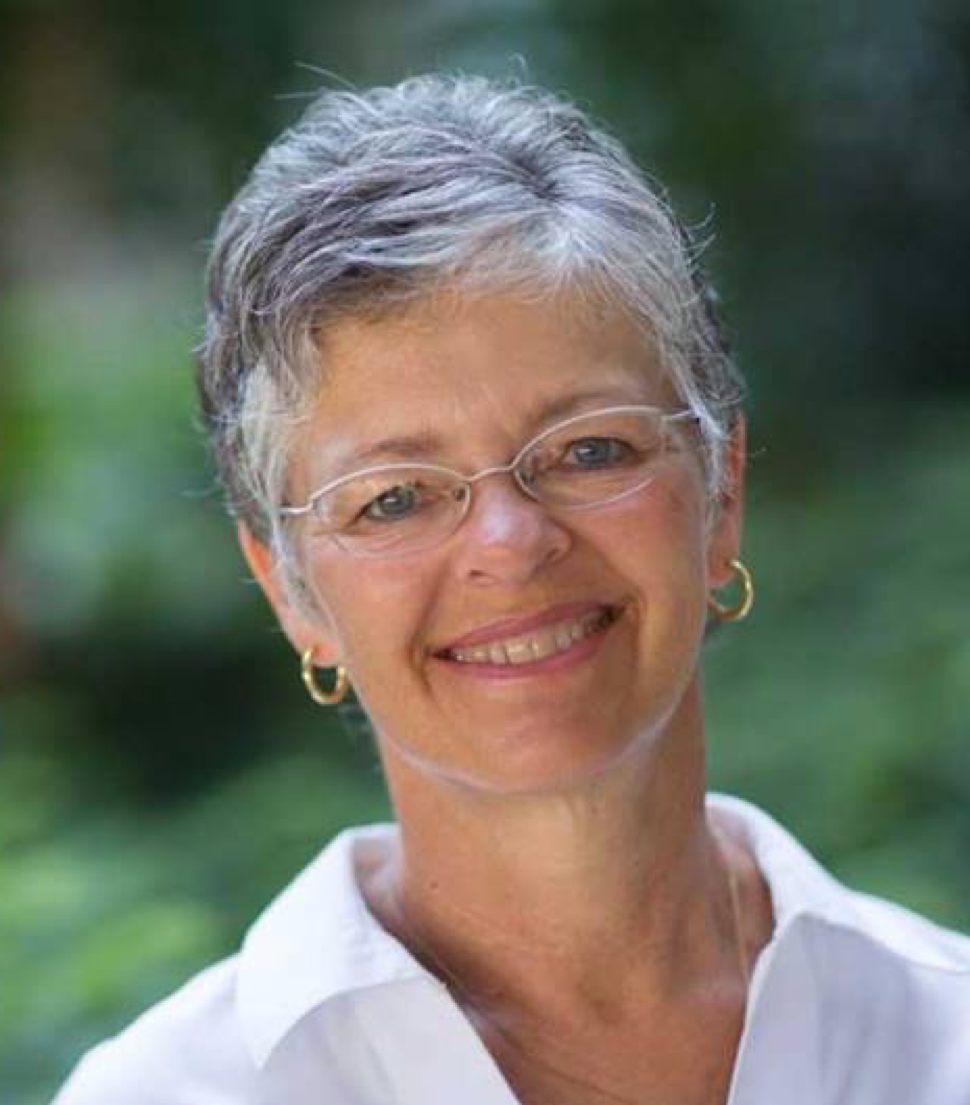Parents who receive a cancer diagnosis not only have to battle a serious disease — they also grapple with how best to talk to their kids about their illness, continuing to be there for them as much as possible, making sure their legal and financial affairs are in order, and other challenges. The newly established Parenting with Cancer Clinic at the N.C. Basnight Cancer Hospital, UNC Lineberger’s clinical home, can help parents with cancer navigate those questions and get the help and support they need.
The cancer hospital is a national leader with its Comprehensive Cancer Support Program (CCSP), which provides a wide range of services to cancer patients and their families from diagnosis to treatment and into survivorship. As part of the CCSP, the Parenting with Cancer Clinic’s mission is to help cancer patients with minor children talk to their children openly and honestly about their illness, and to assist with cancer-related legal issues such as advance directives, wills, trusts and guardianship of minors.

Justin Yopp, PhD, a clinical psychologist who specializes in providing therapeutic services for families facing cancer, leads the clinic with Cindy Rogers, JD, an attorney who uses her legal expertise and network to guide patients and families to the right resources. Rogers and Yopp decided to combine their areas of expertise into the Parenting with Cancer Clinic after working with a 40-year-old cancer patient with four young children who tragically passed away before saying goodbye to her children or making guardianship arrangements.
Supported by UCRF funds and private gifts, including the Lynn Hall Parenting with Cancer Fund, the clinic has served more than 40 families since it opened in May, offering free services both in person and via telehealth. The clinic provides dedicated space and time to meet with families and provide services tailored to families’ individual needs.

“Our clinical experience brought to the forefront how important it is to connect with patients early in their cancer journey to offer guidance about communicating openly and honestly, and resources for planning for the future care of their families,” said Rogers, director of patient assistance at the CCSP. “Legal documents require time and thoughtful planning. Ideally arrangements should not be made when a patient is physically compromised by their illness or when there is a sense of urgency. I try to plant a seed that putting your affairs in order does not mean giving up hope — but rather offers peace of mind that their families will be taken care of.”
Rogers has been working with legal organizations including Legal Aid of North Carolina, the UNC School of Law, the N.C. Bar Association, and attorneys in the community to create a referral network for low-income patients to receive discounted or pro bono services. “It’s been really rewarding to meet with folks in the legal community and see how generous they are with their time and expertise,” she said.
Yopp, an associate professor in the Department of Psychiatry at the UNC School of Medicine, said the clinic is open to any patient being treated for cancer at UNC who has children under 18, regardless of their prognosis or the type of cancer they have. During counseling, he works to provide patients with the right tools to help them talk with their children honestly and lovingly about their cancer. Because establishing trust around this issue is key to helping both the parents and the children cope with the situation, the clinic offers parents specific language and recommendations for communicating in an age-appropriate way with their children about diagnosis, treatment, and prognosis.
“Generally, almost every parent thinks about two key issues: how are my kids doing, and how will they be in the future?” he said. “Parents with cancer have the same questions. These conversations are about securing their children’s current and future wellbeing. These can be hard conversations, so we want to meet each patient where they are.”
This combination of counseling and legal services is what makes the Parenting with Cancer Clinic unique. In addition to growing the clinic’s capacity, Yopp and Rogers plan to implement a research component to learn how to better support parents and their families while they go through their cancer diagnoses and treatments.
“There aren’t programs that integrate a legal component like ours, especially being free of charge to families, so this does feel in some ways like we’re trailblazers,” Yopp said. “Our primary mission is to provide these services for these families, but we imagine we’ll learn a lot and want to do it in a systematic way and figure out what’s most helpful for these families and disseminate what we do to other cancer centers.”
